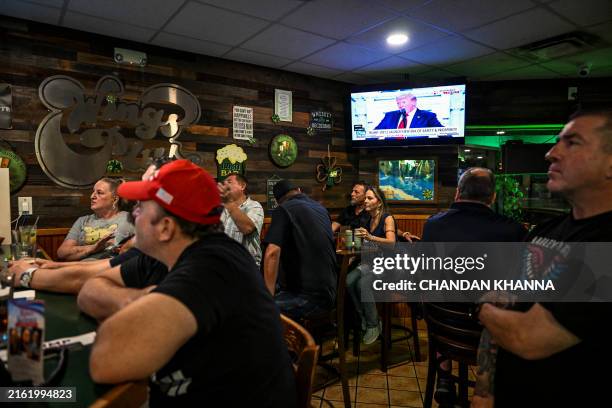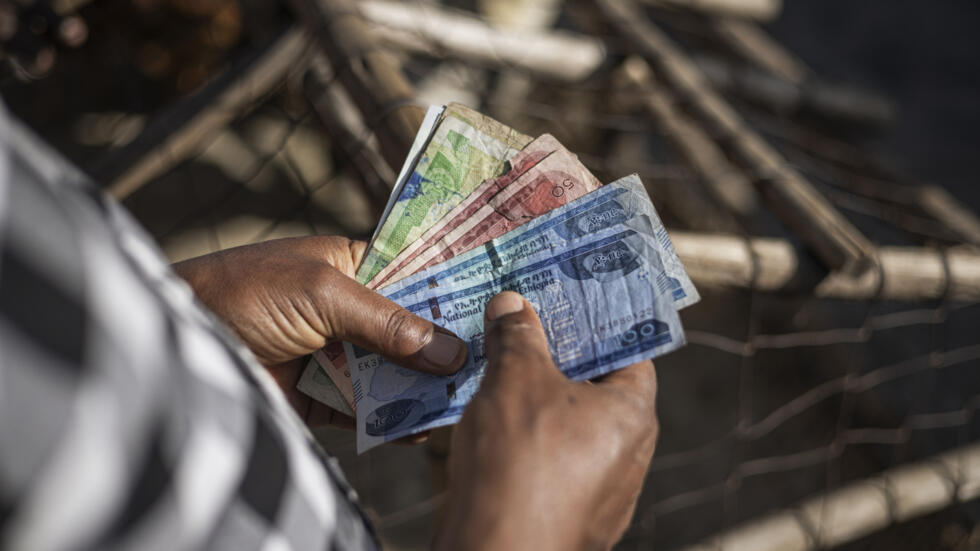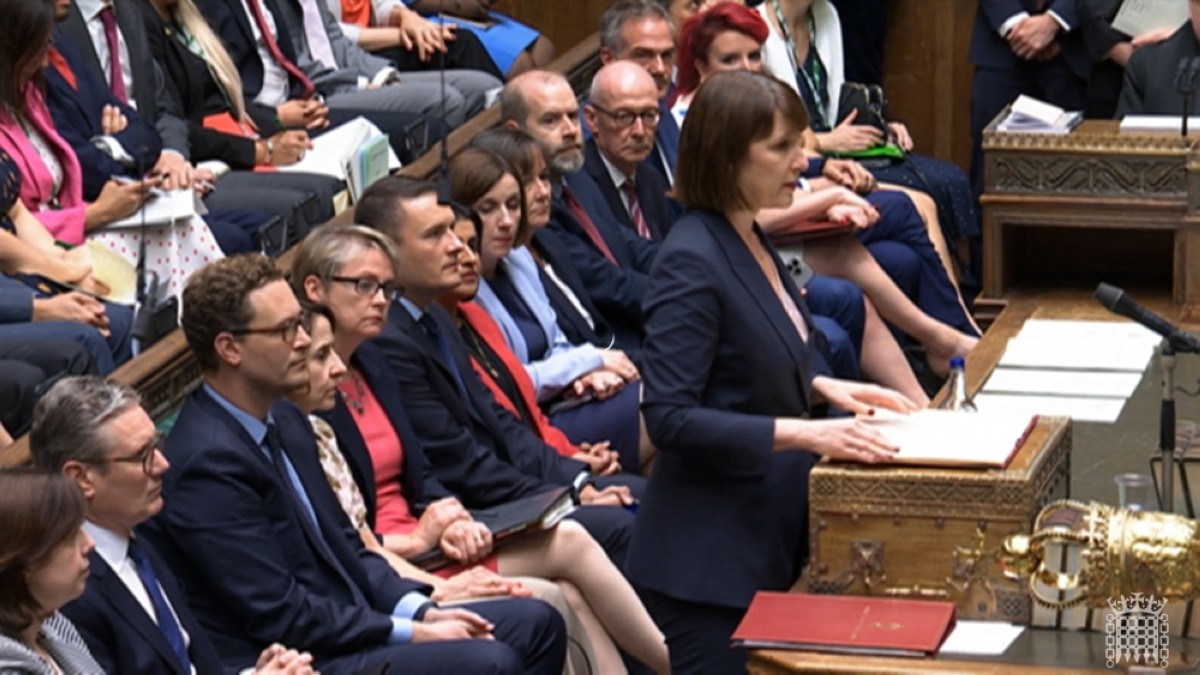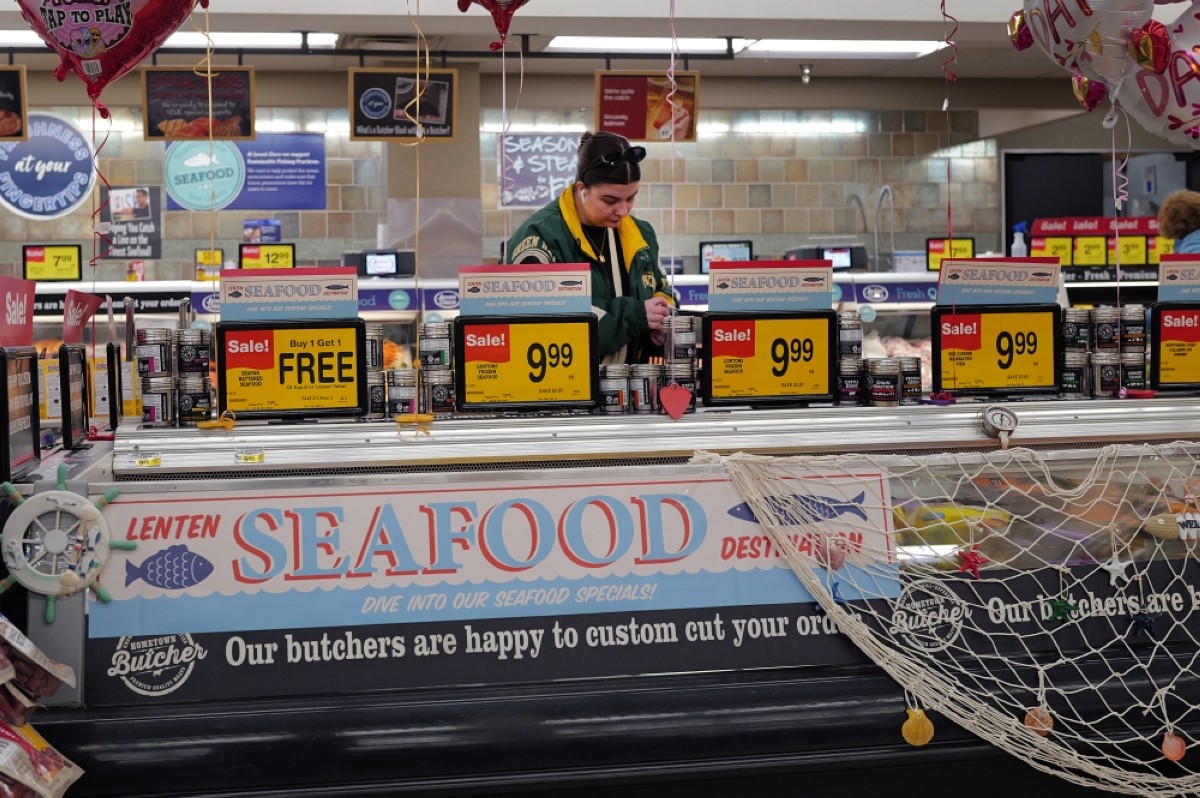Straw deal: UK farmers stage scarecrow protest
LONDON: Dozens of scarecrows stood outside Britain’s parliament on Monday as UK fruit and vegetable farmers protested against “unfair” treatment by the country’s six largest supermarket chains.
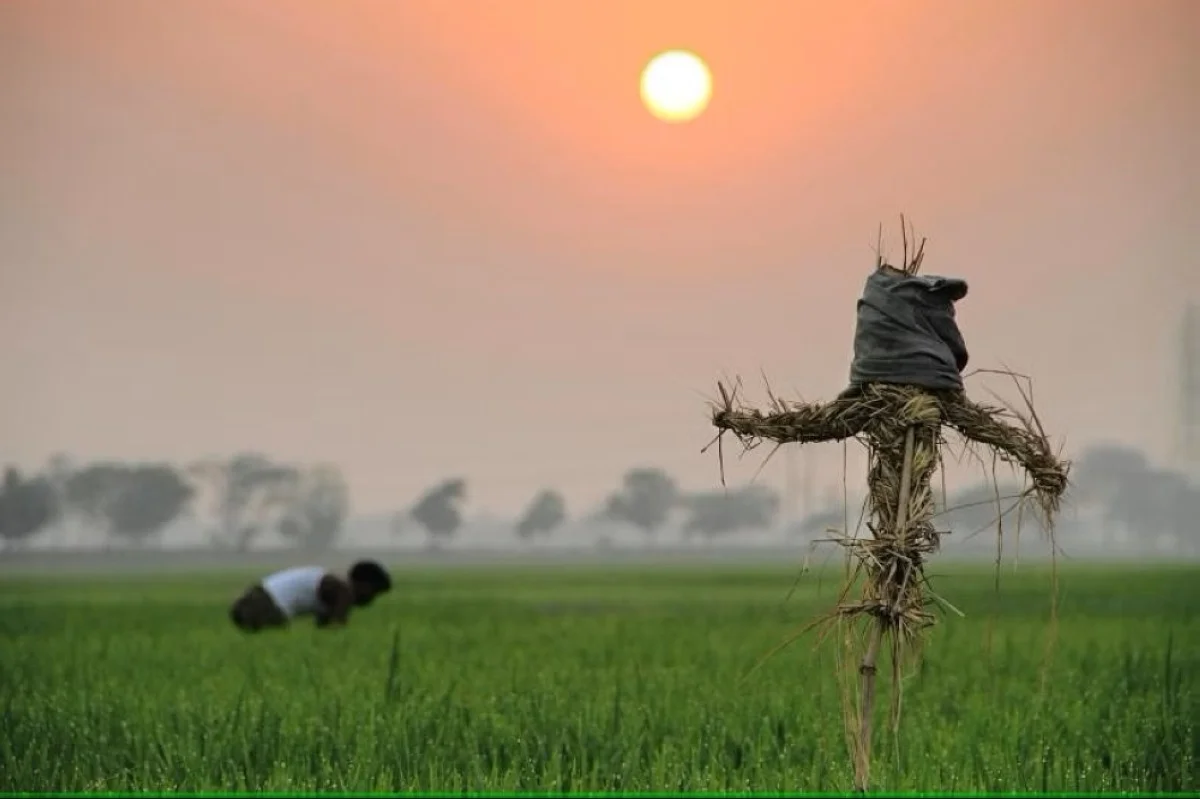
LONDON: UK fruit and vegetable farmers held a scarecrow protest outside of Parliament on Monday morning.
The demonstrators placed 49 scarecrows opposite the British legislature in London to represent the 49 percent of farmers who say they are on the brink of leaving the industry. The 49 scarecrows standing outside Parliament represent the 49 percent of fruit and vegetable farmers who say it’s likely they will go out of business in the next 12 months, with many blaming supermarkets and their buyers as a leading threat to their livelihoods, according to research by organic veg box company, Riverford.
Supermarkets are “bringing British farming to its knees,” Guy Singh-Watson, founder of fruit and veg box delivery firm Riverford Organic and one of the protest organizers, told AFP. Singh-Watson, whose company initiated a petition that has received 112,000 signatures, says government policies have failed to provide adequate support for farmers and were rarely enforced.
“It is really up to our politicians to accept responsibility and have some sort of policy rather than just abdicating policy to our big retailers who are contractually bound to act in the interests of their shareholders,” he added.
The farmers want the supermarkets to adhere to “fair” purchasing agreements, including buying agreed quantities and paying the agreed amount on time “without exception”. They say unfair purchasing agreements by the chains Tesco, Sainsbury’s, Asda, Morrisons, Aldi and Lidl will drive many of them out of business in the next 12 months.
The protest was held as lawmakers debated a petition by the farmers to overhaul the grocery supply chain code of practice. The petition asks the government to ensure that retailers “buy what they agreed”, “pay what they agreed” and to pay on time. “The continued pressure from retailers to produce food at cheaper prices... (is) just unsustainable for a lot of farmers,” British farmer Ben Andrews told AFP.
Emily O’Brien, a Green Party spokesperson, warned that the disappearance of significant numbers of farmers could have serious consequences for Britain’s food supply.
“If our smaller farmers, our family farms, go under, we’re going to see shortages on the shelves. We need that UK production, particularly of fruit and veg,” she said. A spokesperson for the Department for Environment, Food and Rural Affairs said fruit and vegetable farmers are crucial to the resilience of the UK’s food system to the wider economy.
“It is only right that British farmers and growers should be paid a fair price, and our review into the fairness of the supply chain will help address these concerns,” it said. Farming and food leaders sent an open letter to the supermarkets last year, saying their buying practices were “all too often imbalanced, short term and wasteful”. Supermarkets sometimes reject whole crops “at the last minute”, the letter said. — AFP.




